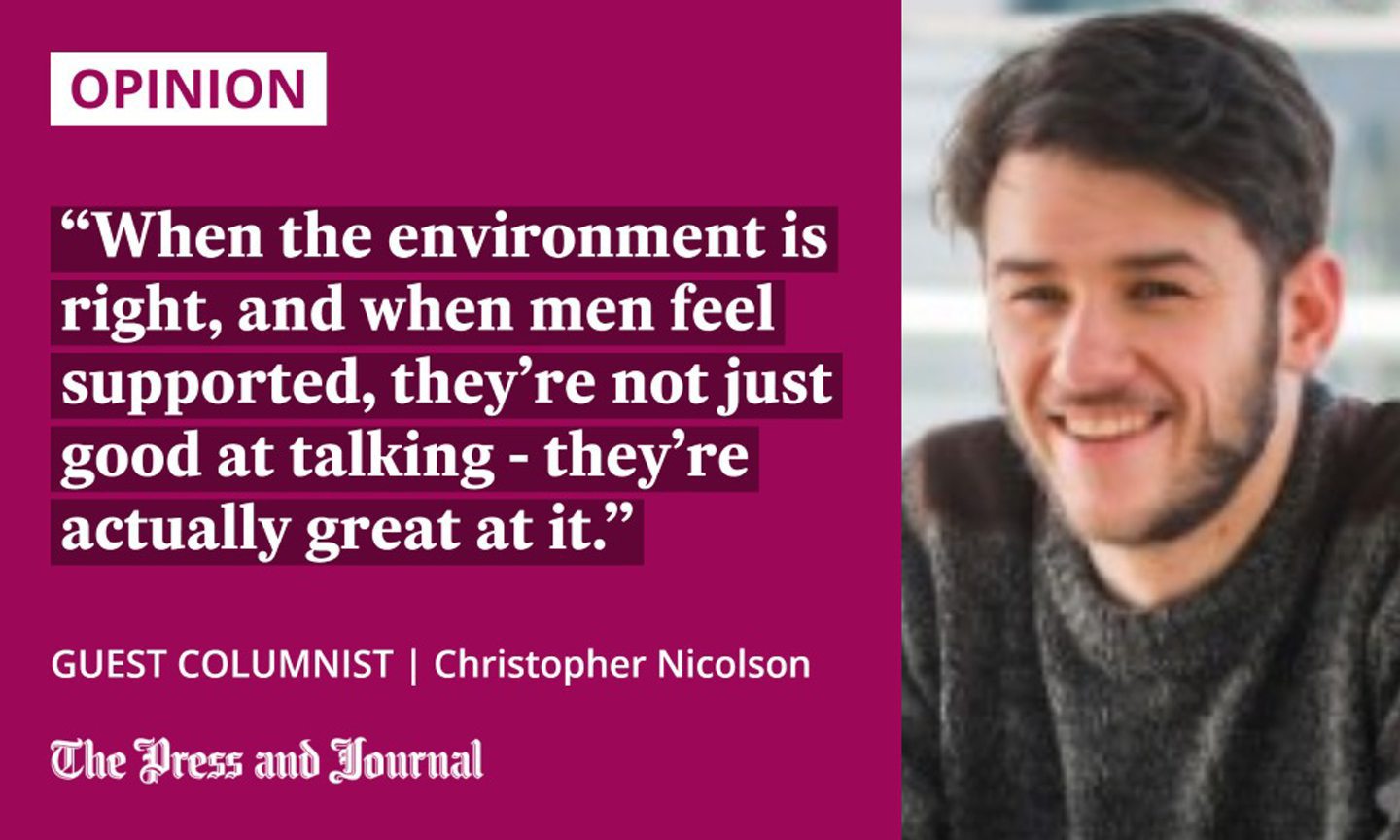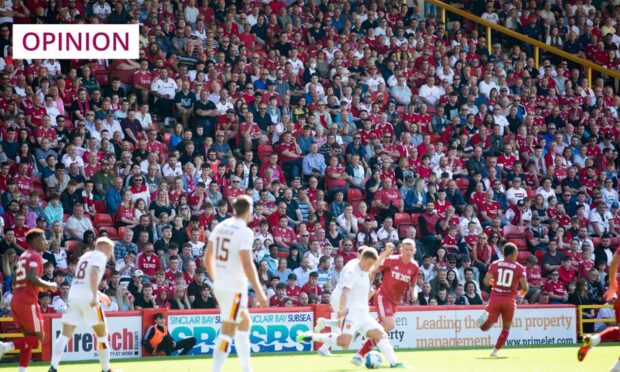Men aren’t good at talking.
At least, that’s the premise behind The Changing Room, which has been using the power of football to help support men’s mental health and wellbeing for almost five years.
And it is true – we only have to look at the stats around men’s mental health and suicide rates to see that. But what this project has shown me is that, when the environment is right, and when men feel supported, they’re not just good at talking – they’re actually great at it.

The concept behind The Changing Room is simple. It’s a 12-week programme which sees men in their middle years come together and talk about the thing that connects them – football – but to also get the stuff that’s really bothering them off their chests. And this simple idea is having a real impact.
The Changing Room kicked off in Edinburgh in 2018, funded by Movember, and delivered by the Scottish Association for Mental Health. Since then, it has gone from strength to strength, with clubs across the country signing up, including Aberdeen FC Community Trust, which has been delivering the programme since the start of the year.
Football started an important conversation about mental health
Amongst the men who have completed the programme in Aberdeen is Calum, who, like many of us, has found the past couple of years really difficult. For him, the pandemic magnified a series of small issues that he was trying to deal with, albeit not always successfully.
As he became more comfortable with the group, Calum started to comment and share his experiences
A lifelong Aberdeen FC fan, Calum went to Pittodrie as a child with his grandfather. Now, as a father, takes his own children along to see the Dons.
While he doesn’t think a traditional support group would have resonated with him, when he heard about The Changing Room, he liked the idea of something that combined football with mental health discussions, and decided to go along – not really knowing what to expect.
It took him a bit of time to come out of his shell, initially taking the opportunity to listen and learn. As he became more comfortable with the group, Calum started to comment and share his experiences.
Despite coming from different backgrounds, the guys all had a shared love of Aberdeen FC, which meant they instantly had some common ground to build a relationship on. Calum thinks that sitting in Pittodrie Stadium helped to make the group feel at ease, and that the programme allows you to participate at a level you feel comfortable with.
He’s now encouraging anyone who wants to better their mental health to be open-minded and give it a go, because it might just change their life.
- To attend The Changing Room in Aberdeen, contact brian.johnston@afccommunitytrust.org
Christopher Nicolson is project manager of The Changing Room programme


Conversation